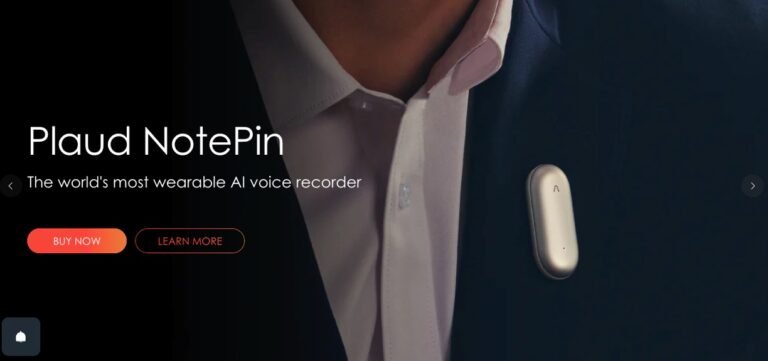Pydantic is the most widely used Python library for data validation and settings management, powered by Python’s type annotations. It helps developers define clear data models, automatically validate incoming data, and serialize outputs with minimal code. By leveraging modern Python type hints, Pydantic ensures that data conforms exactly to expected formats, improving code robustness, readability, and ease of debugging. Its exceptionally fast core, written in Rust, makes Pydantic suitable for high-performance applications such as APIs. Widely adopted in the Python ecosystem—including by frameworks like FastAPI and tools in AI—Pydantic makes working with structured data safer and simpler for developers of all levels.
Key Features:
-
Type Validation & Parsing: Automatically validates and converts input data to Python objects based on type annotations, supporting simple and complex nested data structures.
-
Clear Error Handling: Provides detailed, user-friendly error messages pinpointing validation issues to facilitate debugging.
-
Flexible Strictness: Allows strict type enforcement or flexible coercion to correct types, depending on use case.
-
Fast Performance: Core validation logic implemented in Rust ensures rapid data processing, even in scalable, high-throughput environments.
Use Cases:
-
API Development: Define request/response models to validate and serialize JSON data, ensuring reliable data exchange.
-
Configuration Management: Validate app settings and environment variables automatically for safer deployment.
-
Data Parsing & Cleaning: Convert and clean external data into structured Python objects for processing in applications.
Technical Specifications:
-
Python Type Hint Integration: Uses Python 3.6+ type annotations to define validation schemas naturally within Python classes.
-
Serialization & JSON Schema Support: Convert Pydantic models to/from dictionaries and JSON; generates JSON Schema for documentation and validation.
-
Cross-library Compatibility: Integrates smoothly with popular frameworks like FastAPI, SQLAlchemy, Django, and machine learning tools.




